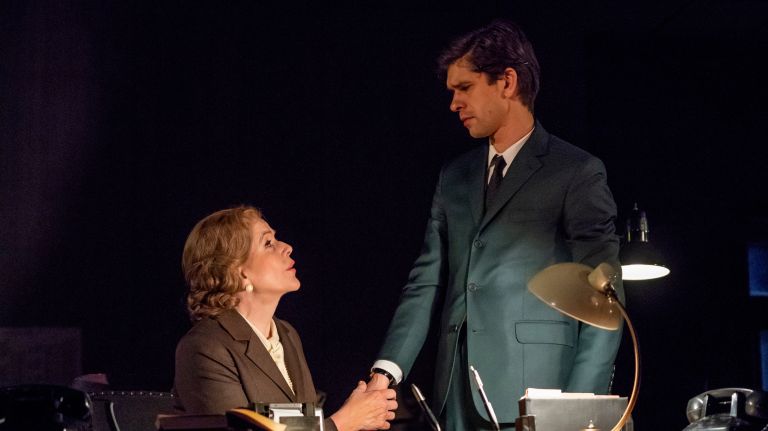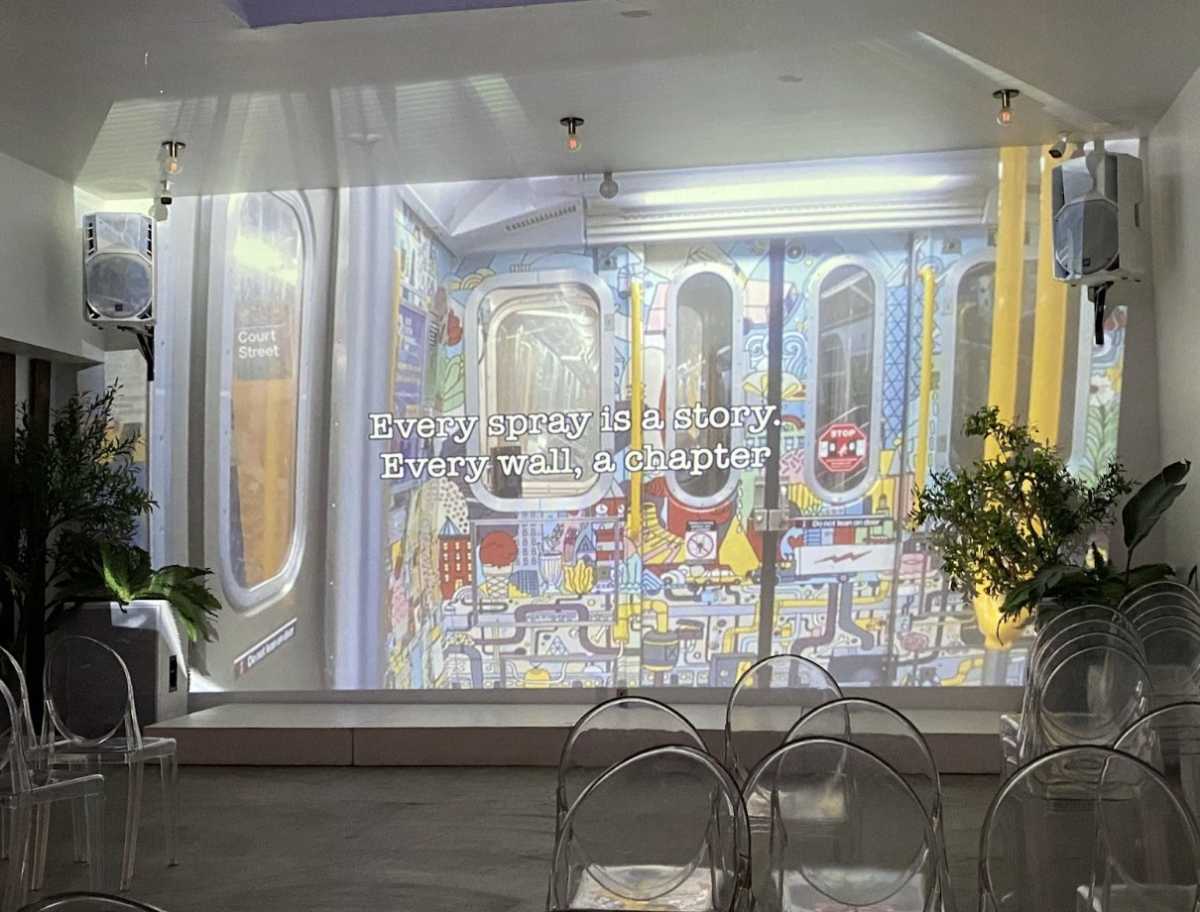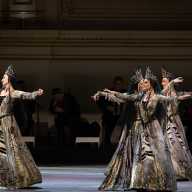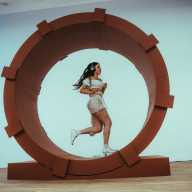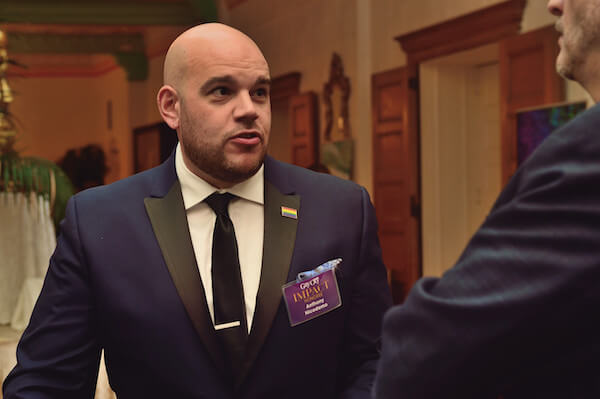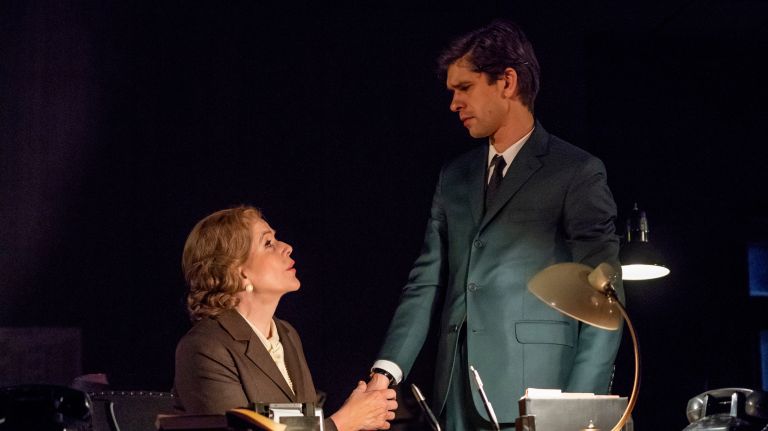
‘Norma Jeane Baker of Troy’ runs through May 19 at the Griffin Theater at The Shed. 545 W. 30th St., theshed.org.
With some assistance from opera star Renée Fleming, English film and stage actor Ben Whishaw (who appeared recently as Michael Banks in “Mary Poppins Returns”) transforms himself into Marilyn Monroe — or rather a combination of Marilyn Monroe and Helen of Troy — in “Norma Jeane Baker of Troy,” a beguiling and bewildering 90-minute performance art piece.
It’s the first show to play the 500-seat Griffin Theater at The Shed, the newly opened, physically transformative, multidisciplinary arts complex at Hudson Yards. Other current attractions at The Shed include “Soundtrack of America” (a concert series exploring the evolution of African-American music) and “Reich Richter Pärt” (immersive performances devised by composer Steve Reich, painter Gerhard Richter and composer Arvo Pärt).
“Norma Jeane Baker of Troy” (which references Monroe’s original name in the title) is the result of a commission by The Shed to poet-academic Anne Carson (who has translated multiple Greek tragedies) to write a dramatic monologue.
Carson intermingles the life of Monroe with “Helen,” a rarely performed drama by Euripides (“Medea,” “Bacchae”), which proposed that the historically notorious Helen was not actually abducted by Prince Paris and taken from Sparta to Troy. Rather, Paris absconded with a fake phantom version of Helen, while the real Helen was hidden away safely in Egypt.
Set in a deserted New York City office building in the 1960s, with snow falling outside, an unnamed public relations executive (Whishaw, who comes off as haunted and obsessive) arrives mysteriously and proceeds to dictate his own freewheeling, Monroe-inspired adaptation of “Helen” with the assistance of a typist (Fleming, guarded and shivering), who occasionally sings some of the choral odes.
Whishaw enacts confessions by Monroe (who conflates her husband, playwright Arthur Miller, with the Spartan King Menelaus) and cameos by novelist Truman Capote, and offers sidebar commentary on the history of war. Out-of-time references are made to reality television, livestreaming and fracking.
Under the staging of international director Katie Mitchell, Whishaw dons makeup and elaborate costuming (including a body stocking, white dress and wig) until he is finally ready for his close-up as Monroe. Fleming (who appeared on Broadway recently in “Carousel”) is barely visible, due to a dim lighting scheme. According to press notes, all the background noise in the production was created by digitally processing Fleming’s lyric soprano voice.
Despite Whishaw’s vocal and physical flexibility, the production eventually starts to feel like a pretentious, rambling bore. Followers of experimental theater may be able to make sense of the piece, however, and fans of Whishaw and Fleming may also find it somewhat interesting.
In any event, it demonstrates the kind of offbeat and challenging work that one should expect to see in the future at The Shed. Upcoming programming at the venue includes a staged concert by Björk and a futuristic kung fu musical. Like the Park Avenue Armory, The Shed is likely to serve as a venue for theatrical offerings that are physically and conceptually incompatible with Broadway or Off-Broadway.



